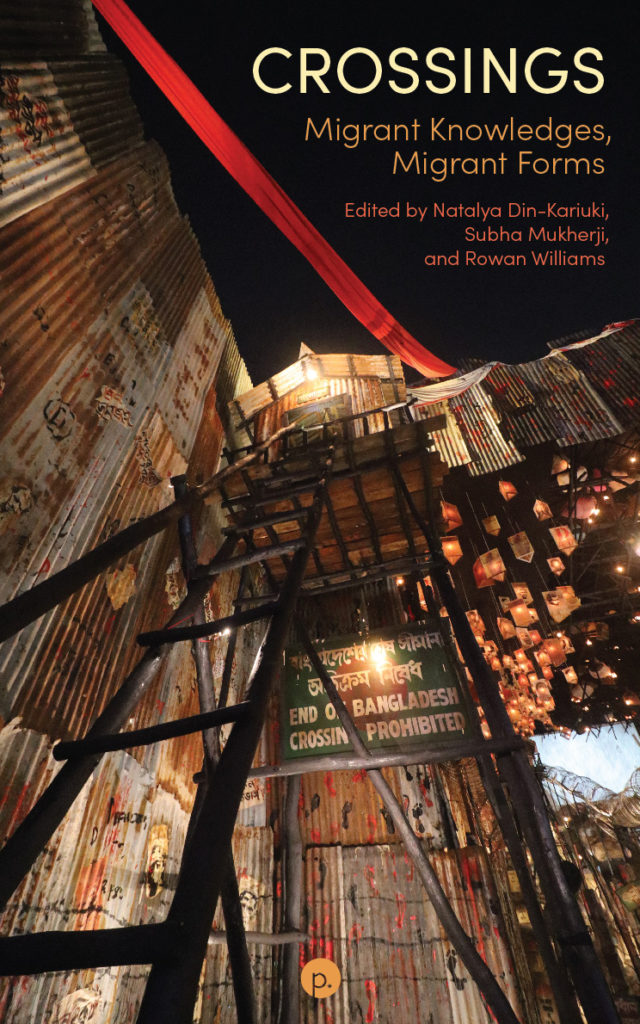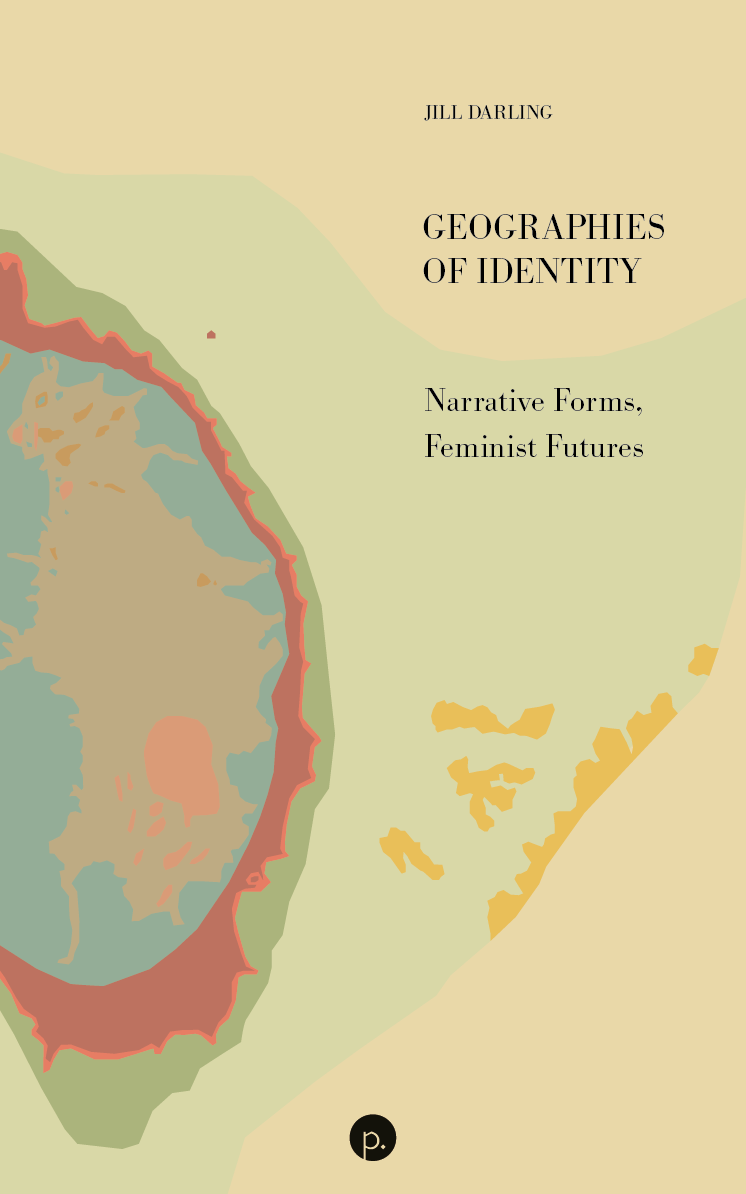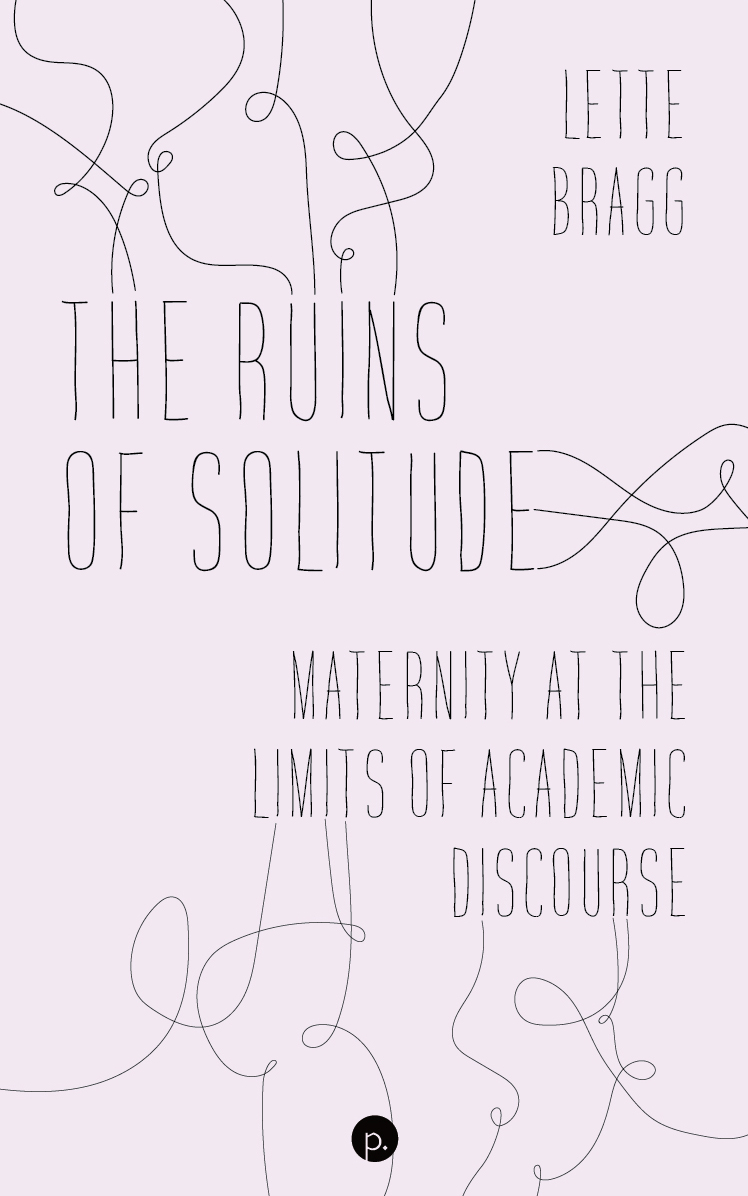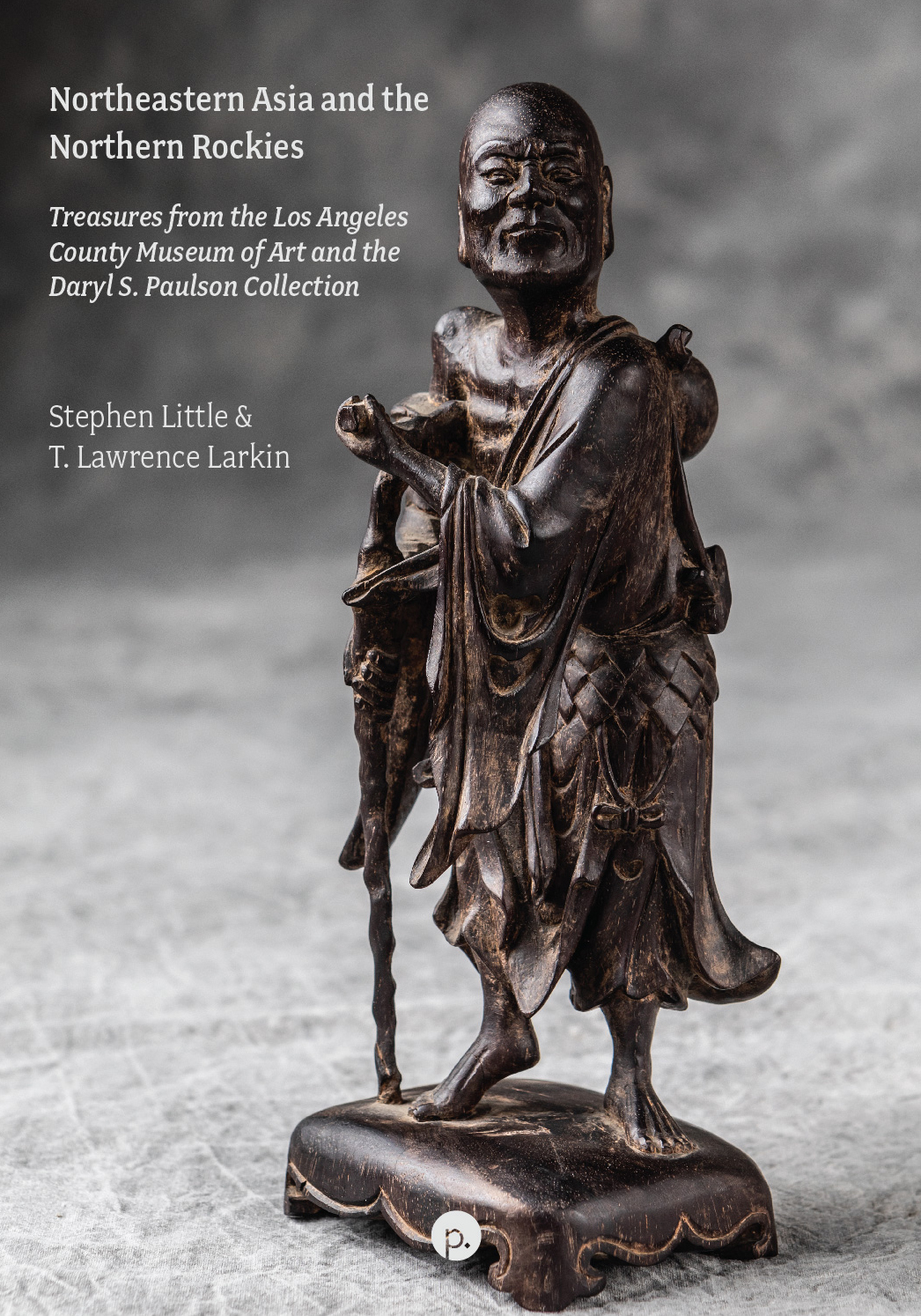Crossings: Migrant Knowledges, Migrant Forms brings together activists, artists, scholars, and migrants with diverse histories to explore what the experience of migration does with, and to, knowledge, and how its own ways of knowing find expressive form. As it thinks about physical and imaginative crossings, and the traversals and transactions of knowledge they entail, the book itself crosses and complicates disciplinary and formal boundaries and the barriers between critical and creative intervention. Crucially, it brings together voices and forms emerging out of the experience of dislocation with responses to it and to the encounters it generates.
Our discussions begin in the early modern world, and move freely across periods to dwell on the urgent experience of migrancy in our own times. We also respond to an urgent need to connect the local with the global experience of migrant knowledge and migrant aesthetics. The book stakes the claim that creative art, backed by humanities-based thinking, can meet the imaginative and ethical demands that the unknowable reality of mass displacement places on us, in a way that governments, institutions, and public discourse have calamitously failed to do. But aesthetic practice itself needs to be re-positioned if it is to rise to these political and human challenges; it also needs to negotiate the points of friction between its own predilections and the matter of migration.
This book offers “migrant forms” – forms that cross boundaries naturally and are “knowing” about crossings – and offers as the means of this imaginative re-orientation and a tool for activating a radical alternative to economic models of social benefit. Crossings takes its place in an emergent ecology of migrant forms, both speaking to it and participating in it.




